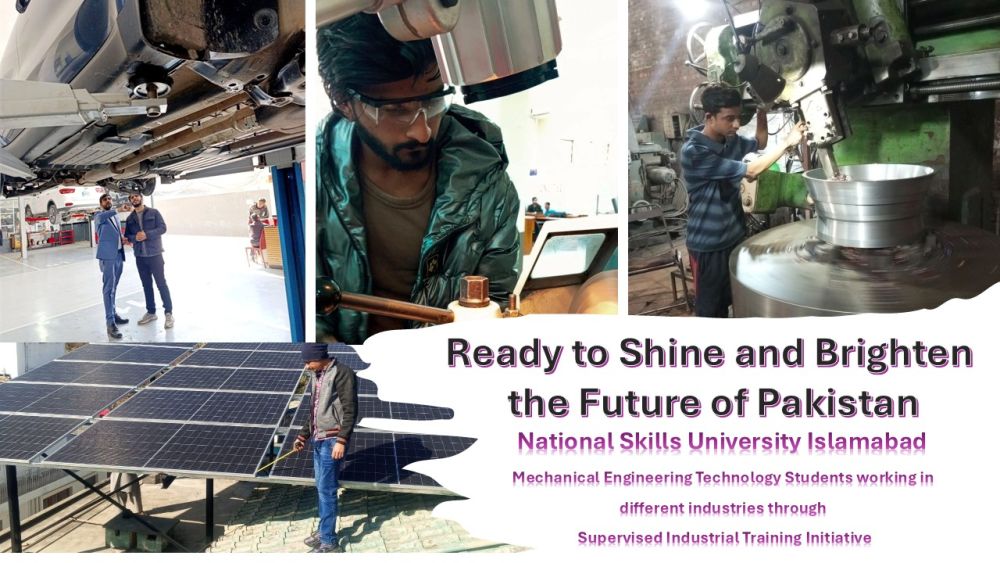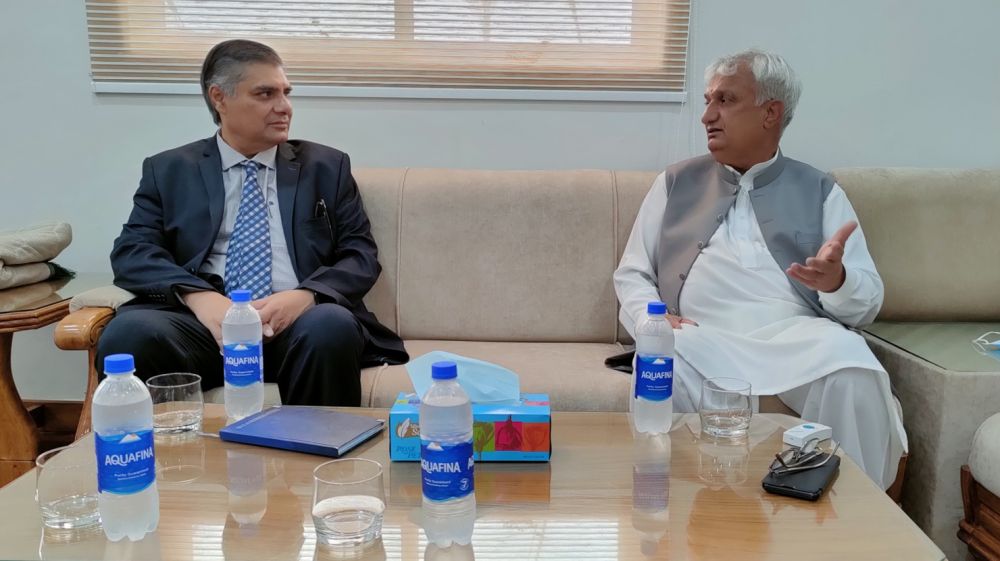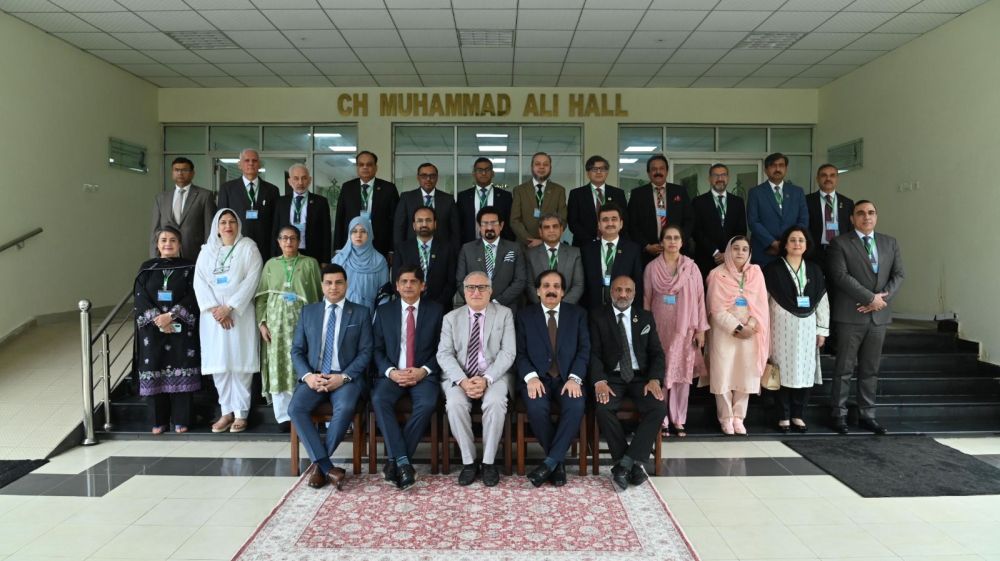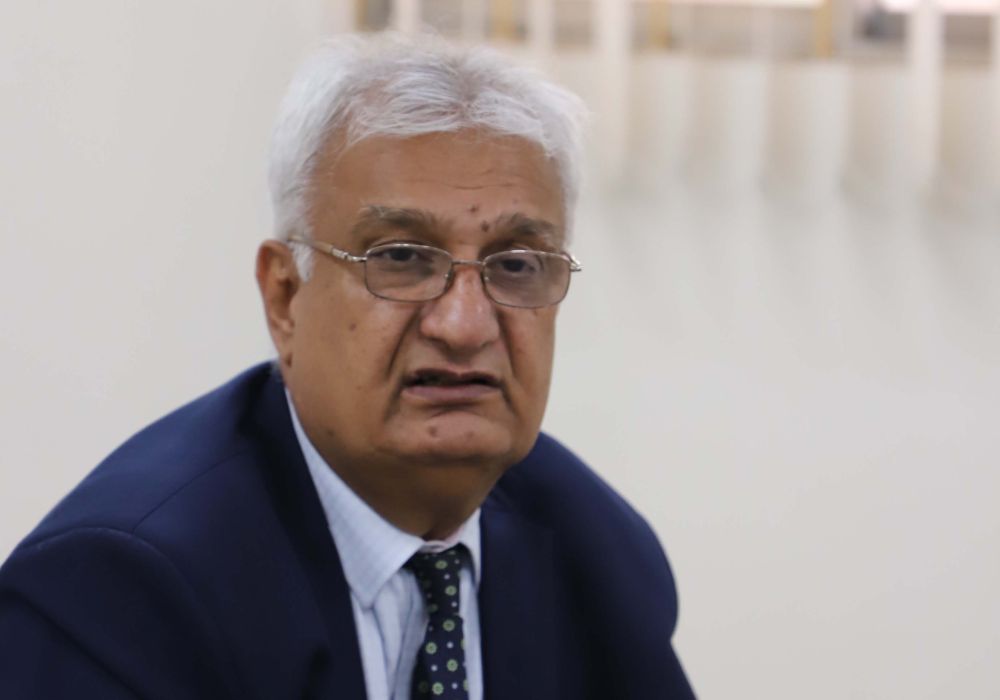44/25 Bridging the Gap: How a Pakistani Skill University is Redefining Technical Education?
Posted 10 months ago
In an era where the disconnect between academia and industry often hinders economic growth, a bold experiment in Pakistan is inspiring. The National Skills University Islamabad (NSU), established in 2018, the country's only institution in the federal capital dedicated to undergraduate technology programs, is not just making headlines in national and international media but redefining the landscape of technical education. Its unique approach is already proving to be a catalyst for real-world progress in the industrial sector.
The first batch of NSU students, currently engaged in the "Supervised Industrial Training" phase of their technology program, is fulfilling academic requirements and actively shaping the industries they have joined. Under the expert mentorship of Dr. Irfan Ahmad Gondal, these young professionals are making tangible contributions to leading companies such as OGDCL, KIA Motors, CATKIN Engineering, Usman Engineers, and NAVTTC. Their presence underscores the university's mission: to create graduates who are not just job seekers but industry-ready innovators.
This achievement is more than a milestone; it is a testament to the power of skill-based education. At the heart of this vision is Prof. Dr. Muhammad Mukhtar, the university's founding Vice Chancellor, who has championed the belief that NSU graduates will drive Pakistan's industrial and technological progress. NSU's commitment to excellence is further validated by its status as a UNESCO/UNEVOC Center and its prestigious Certificate of Vocational Excellence from the European Training Foundation through ISATCOVE.
NSU provides hope and inspiration as the world grapples with evolving workforce demands. It is a model for how nations can equip their youth with the expertise needed for sustainable economic development. The success of these first graduates is not just a win for the university; it is a promising signal and a ray of hope for Pakistan's industrial future.





